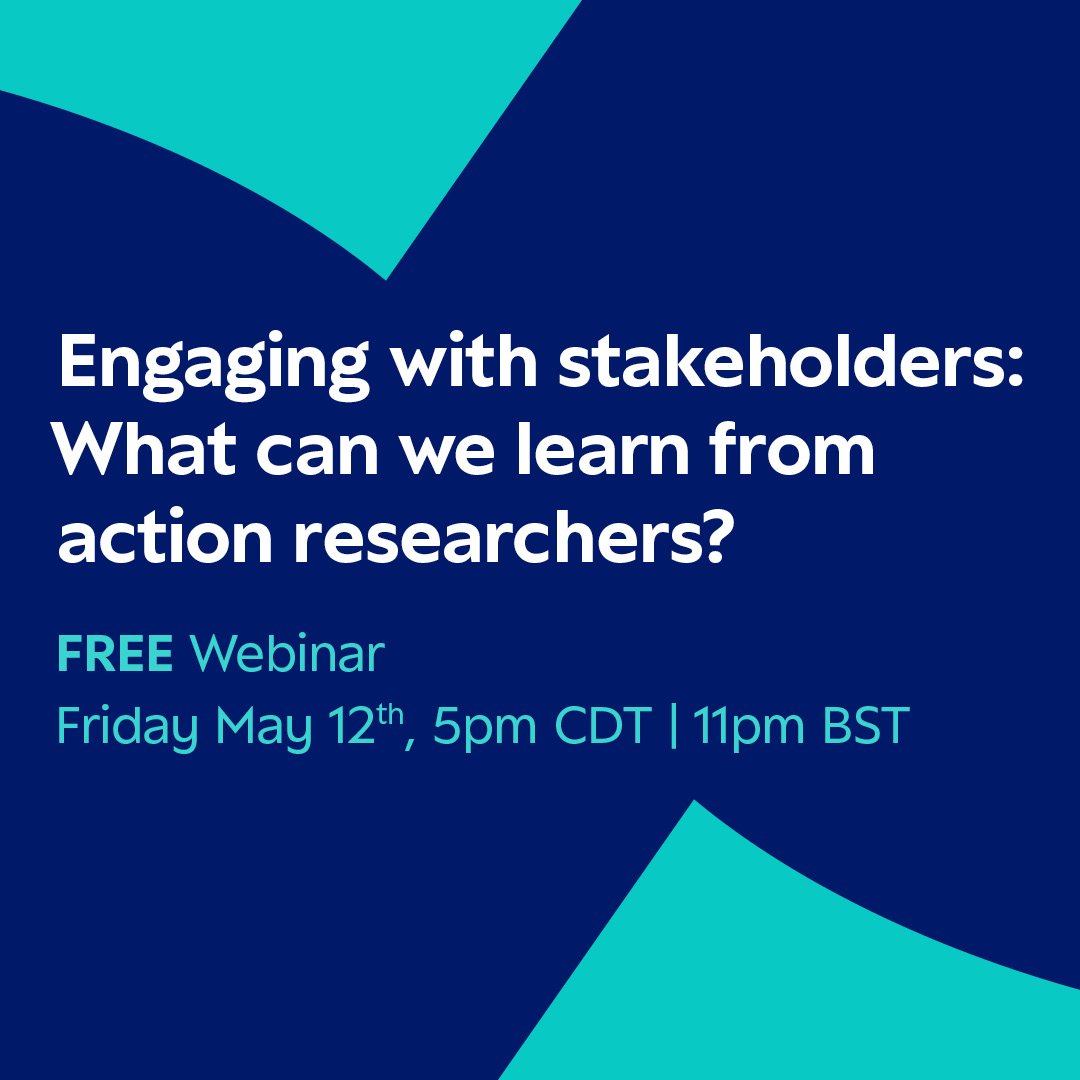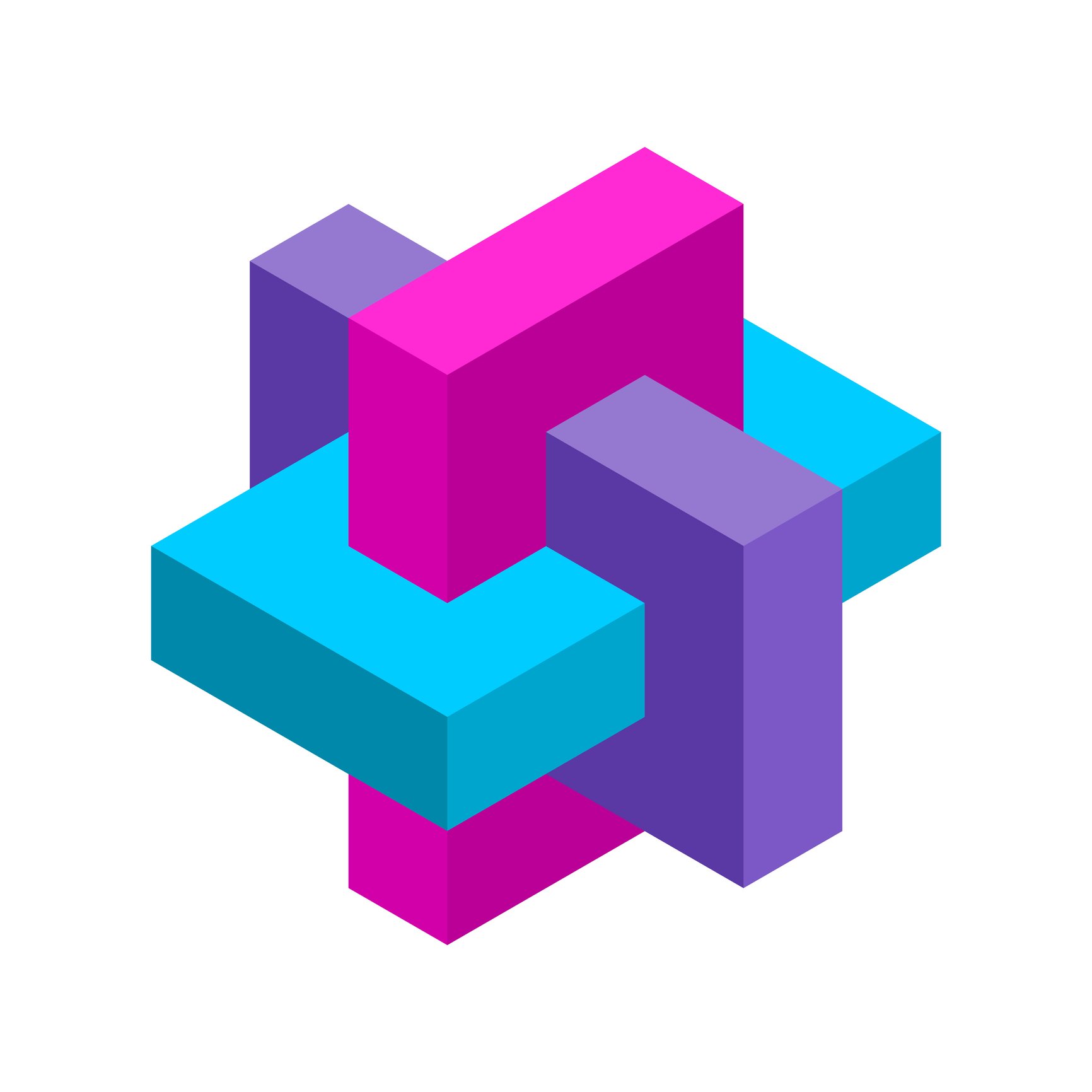From Q2 to Q3: Data Collection to Data Analysis

In 2023 we are walking through the research process on Methodspace with original posts, links to related Sage books and articles, video and written interviews, and webinars. We started with an exploration of ways to identify problems and design studies, then shifted in Q2 to a focus on ways to collect data. In addition to posts on each quarter’s focus, you’ll find featured content on relevant topics related to research, methods instruction, and academic writing.
Throughout the year we are looking at social science research through the lens of overarching questions:
Who decides what problems merit study, with what participants or sources, using what methods, disseminated to what audiences?
What do “academic freedom” and “intellectual freedom” mean for scholars and writers, professors and students?
By reflecting on these questions we can find ways to engage with stakeholders and situate our studies in real-world dilemmas.
At this point we shift from our Q2 focus on collecting data to the Q3 focus on analyzing and interpreting data. First, take note of the multidisciplinary Q2 posts and check out any you’ve missed! If you want to order any of the books highlighted this quarter, use the code MSPACEQ323 for a 20% discount on a purchase of the book, through September 2023.
Q2: Data Collection Types and Topics:
Introduction: Collect Data
Collect Qualitative Data:
Participatory Action Research as a Tool for Decolonising Research
Social Research with Qualitative Methods: New Titles from Sage
When you are the researcher and the participant with autoethnography
Collect Quantitative Data:
Collect a Mix of Data:
Research Ethics
Featured Posts (any paradigm):
Teaching and Guiding Researchers
Research Roundtables:
Webinars:
Analyzing published literature across paradigms and disciplines
Engaging with stakeholders: What can we learn from action researchers?
Features on special journal issues:
Organizational Research Methods: Review Methods
Qualitative Inquiry: Higher Education in the Time of Trump and Beyond
Pen, smartphone, or computer - any way we can record thoughts can be a a means to gather data for a study using diary methods. This collection of open access articles includes studies using audio, visual, and written diaries.
While reflexivity is a concept quite familiar to qualitative researchers, the idea of ‘technological reflexivity’ may be less so. Find information about October 2023 events and articles.
Q2 has come to a close. Find the entire set of posts about data collection and other important topics here.
Learn about ethics and consent for online research from the perspective of an institutional review board member.
Learn about research with online Experiments from Dr. Giuseppe Veltri.
To explore the ways current pressures influence decisions, the editor and contributors to a special issue of Qualitative Inquiry, “Higher Education in the Time of Trump and Beyond: Resistance and Critique” participated in an online roundtable discussion.
Find examples of ethnographic research conducted by more than one scholar.
What does it mean to be central to your research? In this post we are defining a method that asks researchers to be at the center of their studies, and looking for explanations and examples of autobiography.
How to look at data collection using an Equity Framework for CTE Research, which provides principles and practices for researchers on equity questions, designs, and implications throughout the research process.
Are you looking for a new text for a course or a book to read about qualitative methods? See this list of recent Sage releases.
Even if it isn’t the book you pack for a beach getaway, this is a good time to review new texts for future course instruction. You might also find materials that can introduce new approaches and enhance your research skills. Find new titles about quantitative methods (and a discount code.)
We are featuring a special issue from the Qualitative Inquiry journal: “Higher Education in the Time of Trump and Beyond: Resistance and Critique”. In this post, find an interview with the editor, Dr. Marc Spooner, and open-access links to the articles.
Learn about unstructured interviews in this post from Dr. Azher Hameed Qamar.
In the 2nd quarter of 2023 the Methodspace focus is on ways to collect data. Since June is Pride Month, let’s look at experiences of LGBTQ+ researchers, and methodological and ethical dilemmas.
Learn about the implications of insider, outsider, or mixed positions, and the importance of transparency with your readers.
Researchers who want to collect data in rural communities face can face challenges. Residents might be spread out, with few locations to meet. They might also have their own cultural norms, which might include suspicious attitudes towards outsiders. This collection of open-access studies offers a wide range of successful methods for including residents from rural settings in your study.
The "Swahili Lexicon for Sentiment Analysis" project, funded by a Sage Concept Grant, aims to develop and test a Swahili Lexicon annotated by native Swahili speakers for text mining, particularly sentiment analysis.
View the webinar and find a multidisciplinary collection of posts and videos from Alfredo Ortiz Aragón, Rosalind Beadle, Ernie Stringer and their colleagues.
Learn about a Sage Concept Grant winner: Automated Video Analysis software (or AUVANA for short) is an open-source annotation tool for social scientists whose research involves analyzing and annotating videos.
Learn about using mixed methods with secondary data.
How can you create a culture of active learning and inquiry in your classroom?
Colin Forster and Rachel Eperjesi co-authors of the second edition of Action Research for Student Teachers offer tips for researchers who want to study children in classroom settings.
Decolonisation is not a peripheral but central concern to social research for change. Learn more from Caroline Lenette, author of Participatory Action Research: Ethics and Decolonization.
Ideas about active learning help students develop the questioning skills needed to be a researcher.
In this research conversation with Janet Salmons, Julianne Cheek and Elise Øby discuss the importance of an iterative, design-thinking approach to research.
Causal Map is a web app dedicated to causal qualitative data analysis. Learn more about this open-access tool, winner of a Sage Concept Grant.






























Suggestions and resources to help you collect data with online interviews.